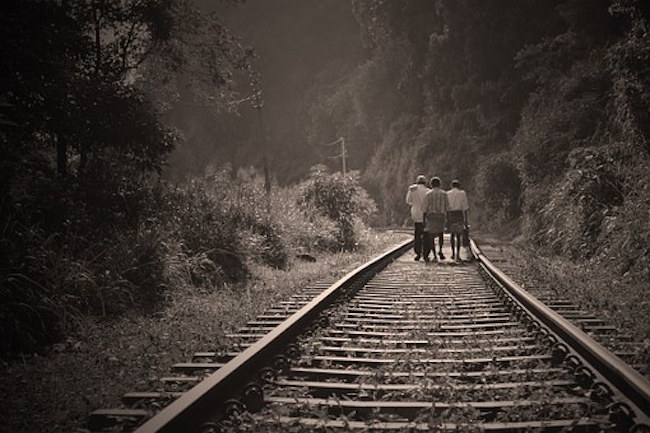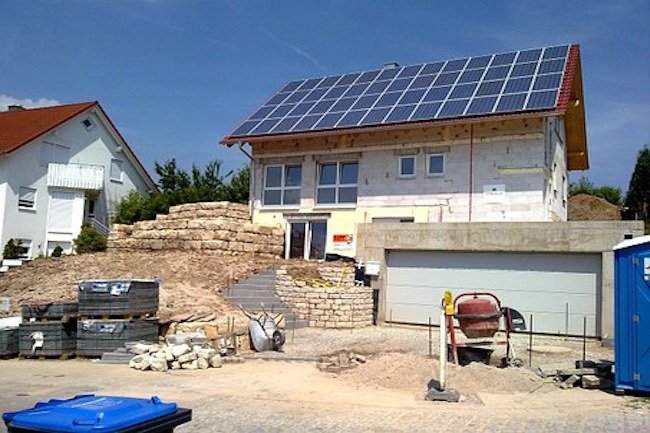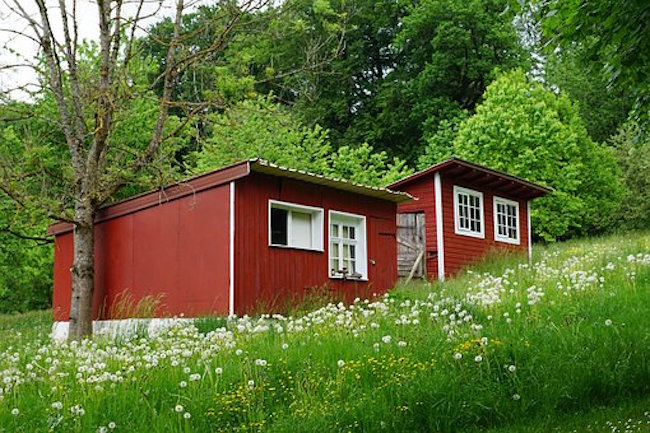Post-TEOTWAWKI: Groups and Retreats by E.M. for Survival Blog
There are many articles on the internet concerning the benefits of forming a group of like-minded individuals who could support each other when times get “spicy” for months or even years, either in their own neighborhood or at a remote retreat. These groups are sometimes referred to as mutual assistance groups. These articles are based on the premise that choosing a “lone wolf” approach after TEOTWAWKI is unsustainable in the long run, and that even expecting a single family to live and thrive on a remote mountaintop after a societal meltdown is unrealistic and ripe for tragedy in the long term. An important reason for the latter view is that a single family cannot maintain proper 24/7 security while tending to all of its daily needs over time.
A problem with many of these articles is that much of the discussion about forming survival groups all too often involves pie-in-the-sky fantasies and unrealistic platitudes.
Nevertheless, the consensus in most of these articles about surviving a long term apocalyptic event, to borrow a phrase from a certain political figure, is “It takes a village.” (For the purposes of this discussion, I am assuming that most SurvivalBlog readers’ first choice for the location of the “village” is not going to be a FEMA camp.)

Now is your chance to support Gospel News Network.
We love helping others and believe that’s one of the reasons we are chosen as Ambassadors of the Kingdom, to serve God’s children. We look to the Greatest Commandment as our Powering force.
While there is a host of useful information about survival groups and forming retreats for them in these articles, it is clear after serious scrutiny that the “devil is in the details.”
SURVIVAL GROUPS
Let’s get the issue out of the way and then move on by starting with the premise that whether a mutual assistance group is located in a residential neighborhood or at a remote retreat, it will likely be discovered sooner or later. Let’s also assume that it will be better for potential predators to conclude that the area occupied by the group is a “hard target,” and that it is not “the low hanging fruit” in the area. Predators almost always seek out the weak and the old, not the herd bull, because the risk/benefit ratio is in their favor.
Now, moving on, the reality is that most people are tied to where they live, either by their immediate family, their extended family and friends, or their place of employment. Moving to a remote and physically secure location several states away where the population is small and very scattered is not a realistic or attractive choice for many. Giving up retirement benefits, accepting the fact that family and close friends will be seen infrequently, and starting over in the labor market at a lower income/bottom rung are huge incentives for most people to stay where they live. This is especially so when the choice is balanced against the actual likelihood of a mega-collapse of modern society.
In some ways, they are like people who assume the risk of buying homes in a 100-year or 500-year flood plain and choose not to buy expensive flood insurance. Many of them will save money in the long run—while others will be wiped out.
For myriad reasons, many people will stay where they are because they want to do so, not because of family or work issues. They are like Hershel Green, the fictional farm owner in the early seasons of The Walking Dead who, when facing the looming arrival of an enormous Zombie horde, said, “This is my farm. I’ll die here.” It all comes down to this: Life is about choices. Choices have consequences. Make your decision and then move on.
Once a decision is made to “shelter in place” and to stay where they live (and perhaps find a retreat that is not too distant from where they live), then that is when participation in a survival group becomes more attractive to many.
FORMING A SURVIVAL GROUP
I expect that only a minority of those who read SurvivalBlog on a frequent basis are likely to have kept their interest in preparedness completely secret. There is a natural and well-intentioned impulse for most people to reach out to friends and family in order to convince them to take steps now in order to ensure their safety and well-being after a major national calamity. (A similar mindset regarding salvation motivates many religiously-oriented people.) Another reason to reach out to friends and family is the belief that these people “will have your back” if society melts down.
The problem is that most efforts to recruit members for a preparedness group will fail. It is very likely that many readers have approached other family members about becoming active in preparedness planning, only to be ignored and written off as their lovable, but eccentric “Uncle Joe.”




